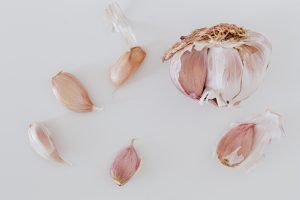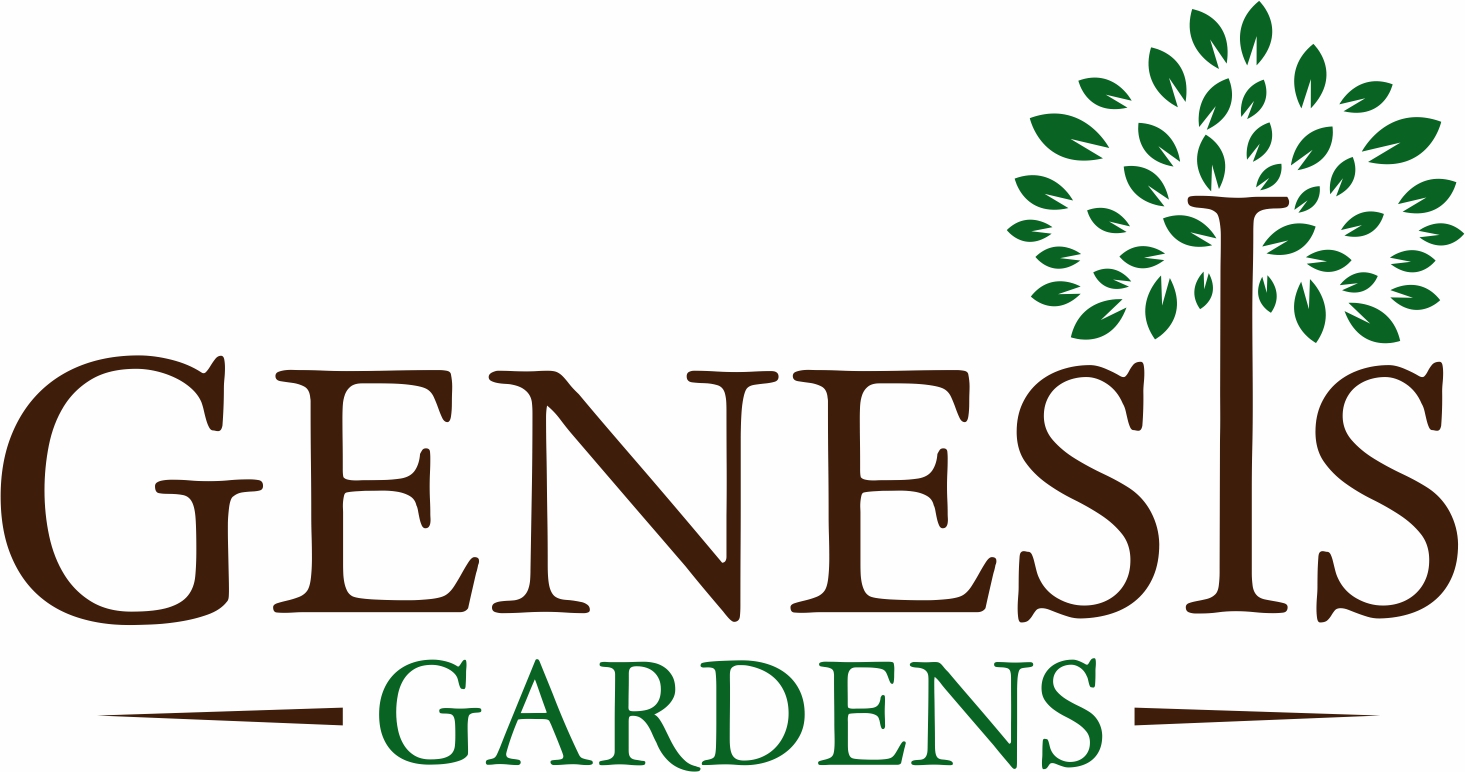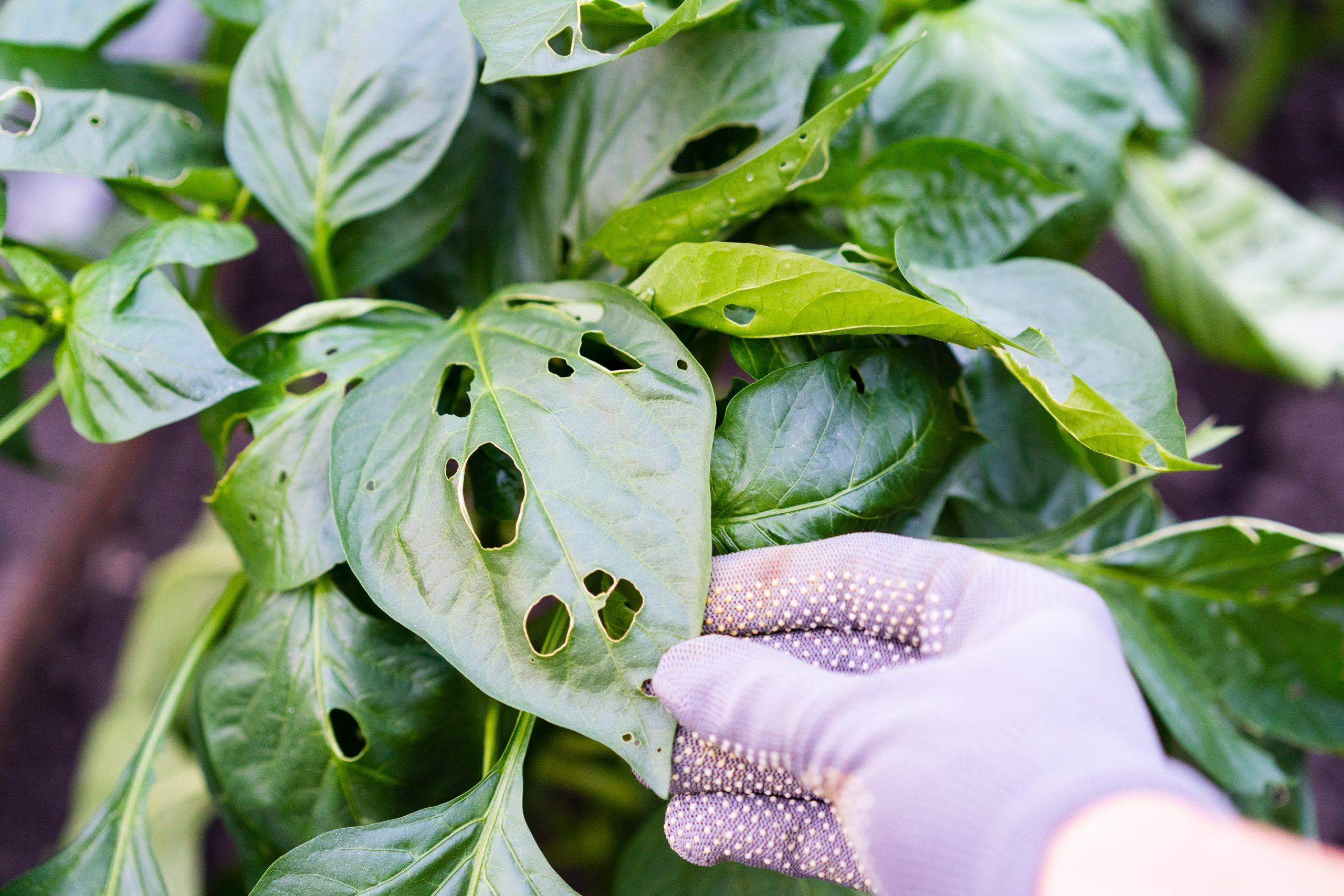Every gardener knows the frustration of finding their plants infested with pests or diseases. Chemical pesticides can be effective, but they can also be harmful to the environment and to your health. At Genesis Gardens, we focus on creating gardens which are as natural and eco-friendly as possible, and so we avoid harmful chemicals.
We often get asked what the best alternatives to harmful chemical pesticides are. If, like us, you’re looking for a more natural way to control pests and diseases, there are a number of options available. Read on for our top tips and important information on controlling pests and diseases in the garden naturally.
Prevention is better than cure
The best way to control pests and diseases is to prevent them from happening in the first place. This means taking steps to create a healthy environment for your plants. Here are a few tips:
- Plant healthy, vigorous plants. This means choosing plants that are suited to your climate and growing conditions – this is one of the reasons we are big proponents of choosing native plants here at Genesis Gardens. It also means taking care of your plants properly, by watering them regularly, fertilizing them appropriately, and protecting them from pests and diseases.
- Water your plants regularly, but don’t overwater. Overwatering can lead to root rot, which makes plants more susceptible to pests and diseases. However, underwatering can also stress plants and make them more vulnerable. So take time to get to know what your plants need.
- Fertilize your plants appropriately. Too much fertilizer can be just as harmful as too little. It’s important to follow the instructions on the fertilizer label to avoid over-fertilizing your plants.
- Mulch around your plants to help suppress weeds and retain moisture. Mulch also helps to improve the drainage around your plants, which can help to prevent root rot.
- Inspect your plants regularly for signs of pests or diseases. The sooner you catch a pest or disease problem, the easier it will be to control.
- Practice Good Garden Hygiene. Good garden hygiene is essential for preventing pests and diseases. This means keeping your garden free of weeds, debris and rotting vegetables. These can harbour pests and diseases, so it is crucial to remove them regularly.
Natural pest control methods
 If you do find that your plants have been infested with pests or diseases, there are a number of natural control methods that you can try.
If you do find that your plants have been infested with pests or diseases, there are a number of natural control methods that you can try.
Here are a few of the most effective methods to explore:
- Neem oil: Neem oil is an inexpensive natural insecticide that can be used to control a variety of pests, including aphids, spider mites, and whiteflies. It is also effective against some diseases, such as powdery mildew.
- Insecticidal soap: Insecticidal soap is a mild soap solution that can be used to kill soft-bodied insects, such as aphids and whiteflies. It is also effective against some spider mites.
- Diatomaceous earth: Diatomaceous earth is a natural abrasive that can be used to kill soft-bodied insects, such as slugs and snails. It is also effective against some mites and other pests.
- Biological control: Biological control involves using natural predators to control pests. For example, you can encourage or even release ladybirds to control aphids. Watch this space for a more detailed blog on companion planting and using beneficial insects in the garden.
Homemade pest control remedies
 There are a number of homemade pest control remedies that you can try. Here are a few of the most popular:
There are a number of homemade pest control remedies that you can try. Here are a few of the most popular:
- Garlic: Garlic is a natural insect repellent that can be used to deter a variety of pests, including slugs, snails, and aphids. To make a garlic spray, crush a few cloves of garlic and mix them with water. Strain the mixture and spray it on your plants.
- Chilli pepper: Chili peppers are another natural insect repellent. To make a chilli spray, blend a few chilli peppers with water. Strain the mixture and spray it on your plants.
- Eucalyptus oil: Eucalyptus oil is a natural insect repellent that can be used to deter mosquitoes, flies, and other pests. To make an eucalyptus oil spray, mix a few drops of eucalyptus oil with water. Spray the mixture on your plants and around your garden.
So, as you can see, there are a number of natural ways to control pests and diseases in your garden. By using these methods, you can keep your plants healthy and your garden looking its best, without harming the environment or your health.
Important additional tips
 Patience is a virtue! When using natural pest control methods, it is important to be patient. These methods may not work as quickly as chemical pesticides, but they are more effective in the long run.
Patience is a virtue! When using natural pest control methods, it is important to be patient. These methods may not work as quickly as chemical pesticides, but they are more effective in the long run.
Multi-pronged approach. It is also important to use natural pest control methods in combination with other preventive measures, such as creating a healthy environment for your plants and inspecting your plants regularly. As mentioned above, prevention is always better than cure!
By following the advice in this post, and being proactive, you can enjoy a beautiful, healthy and pest-free garden without using harmful chemicals.

